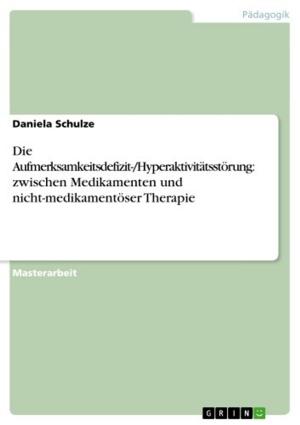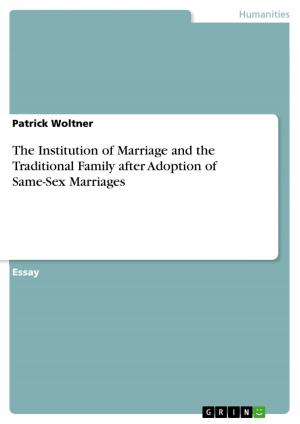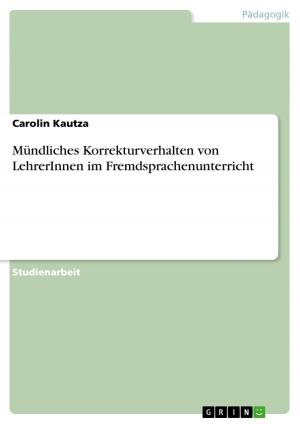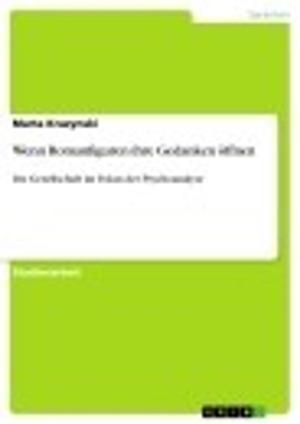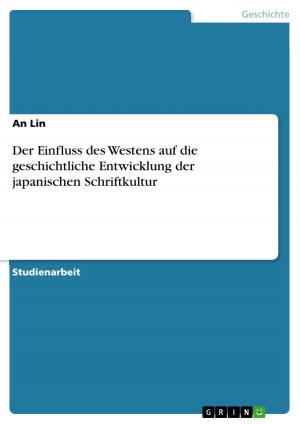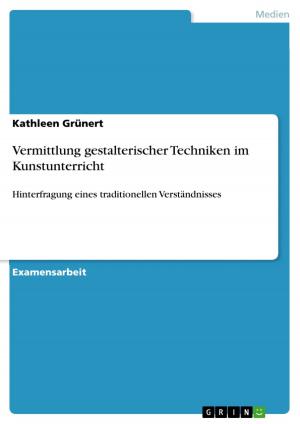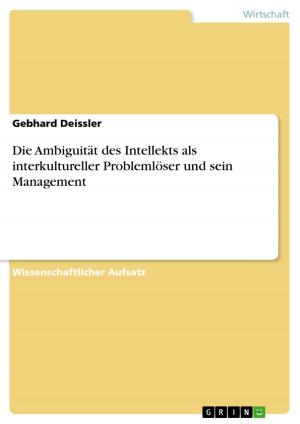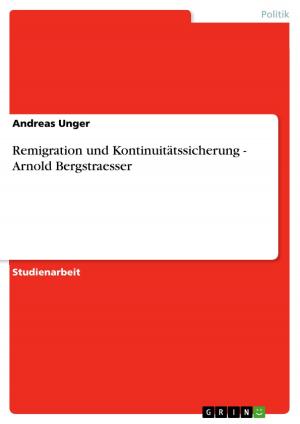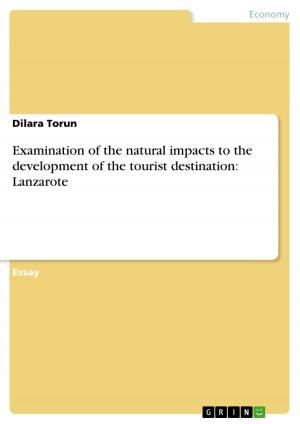Challenges and prospects of agricultural production and productivity
Nonfiction, Science & Nature, Technology, Agriculture & Animal Husbandry| Author: | Urgessa Tilahun | ISBN: | 9783656724032 |
| Publisher: | GRIN Verlag | Publication: | August 20, 2014 |
| Imprint: | GRIN Verlag | Language: | English |
| Author: | Urgessa Tilahun |
| ISBN: | 9783656724032 |
| Publisher: | GRIN Verlag |
| Publication: | August 20, 2014 |
| Imprint: | GRIN Verlag |
| Language: | English |
Seminar paper from the year 2013 in the subject Agrarian Studies, grade: A, Wollega University (Haro Sabu Agricultural Research Center), language: English, abstract: Agricultural production in Ethiopia is characterized by subsistence orientation, low productivity, low level of technology and inputs, lack of infrastructures and market institutions, and extremely vulnerable to rainfall variability. Productivity performance in the agriculture sector is critical to improvement in overall economic well-being in Ethiopia. Low availability of improved or hybrid seed, lack of seed multiplication capacity, low profitability and efficiency of fertilizer, lack of irrigation development, lack of transport infrastructure, inaccessibility of market and prevalence of land degradation, unfertile soil, overgrazing, deforestation and desertification are among the constraints to agricultural productivity during last period. However, in 2011 the sector grew by 9% driven by cereal production which reached a record high of 19.10 million tons in Ethiopia.
Urgessa Tilahun was born to his father Tilahun Bekabil and his mother Yeshume Amente in 1983 in Ethiopia, East Wollega Zone, Haro Limu district Sombo Gadisa peasant association. He attended elementary school in Haro Primary School from 1993 to 2000. Then, He attended his senior secondary school in Limu Senior Secondary School from 2001 to 2002 and his preparatory education in Gida Ayana Senior Secondary School from September 2003 to June 2005. He then joined Addis Ababa University, in January 2006 and graduated with Bachelor of Arts Degree (BA) in Finance and Development Economics in July 2008 and He has done his MSc education at Wollega University by Agricultural Economics. He was served as Non Governmental Organizations Officer at East Wollega Zone Finace and Economic Development Office and now He is serving Haro Sabu agricultural Research Center as socio-economics researcher.
Seminar paper from the year 2013 in the subject Agrarian Studies, grade: A, Wollega University (Haro Sabu Agricultural Research Center), language: English, abstract: Agricultural production in Ethiopia is characterized by subsistence orientation, low productivity, low level of technology and inputs, lack of infrastructures and market institutions, and extremely vulnerable to rainfall variability. Productivity performance in the agriculture sector is critical to improvement in overall economic well-being in Ethiopia. Low availability of improved or hybrid seed, lack of seed multiplication capacity, low profitability and efficiency of fertilizer, lack of irrigation development, lack of transport infrastructure, inaccessibility of market and prevalence of land degradation, unfertile soil, overgrazing, deforestation and desertification are among the constraints to agricultural productivity during last period. However, in 2011 the sector grew by 9% driven by cereal production which reached a record high of 19.10 million tons in Ethiopia.
Urgessa Tilahun was born to his father Tilahun Bekabil and his mother Yeshume Amente in 1983 in Ethiopia, East Wollega Zone, Haro Limu district Sombo Gadisa peasant association. He attended elementary school in Haro Primary School from 1993 to 2000. Then, He attended his senior secondary school in Limu Senior Secondary School from 2001 to 2002 and his preparatory education in Gida Ayana Senior Secondary School from September 2003 to June 2005. He then joined Addis Ababa University, in January 2006 and graduated with Bachelor of Arts Degree (BA) in Finance and Development Economics in July 2008 and He has done his MSc education at Wollega University by Agricultural Economics. He was served as Non Governmental Organizations Officer at East Wollega Zone Finace and Economic Development Office and now He is serving Haro Sabu agricultural Research Center as socio-economics researcher.

